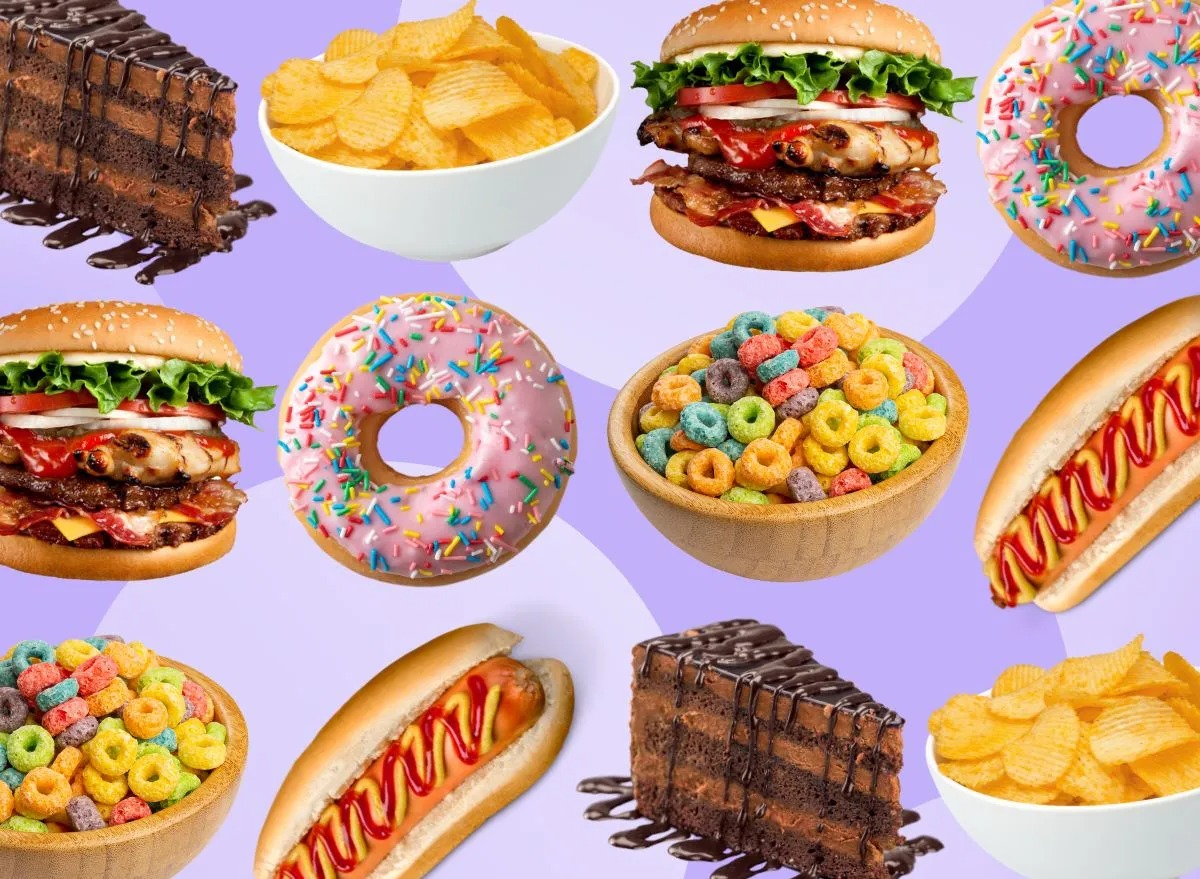Surprising Foods You Can’t Eat In The USA

Ever thought about what foods are banned in the USA? You might be surprised to learn that some everyday items in other countries are not allowed here. Kinder Surprise Eggs are a popular treat in Europe, but they’re banned in the USA because of the small toy inside, which poses a choking hazard. Haggis, a traditional Scottish dish, is also off-limits due to its use of sheep lung. Even some types of unpasteurized cheese, like certain French varieties, can't be sold because they don't meet safety standards. These bans might seem odd, but they’re all about keeping people safe.
Surprising Foods You Can't Eat in the USA
Traveling often means tasting new and exciting foods. However, some foods enjoyed around the world are banned in the USA. Let's explore these surprising culinary restrictions.
Haggis
Haggis, a traditional Scottish dish, is banned in the USA due to one key ingredient: sheep lung. The USDA prohibits the sale of animal lungs for human consumption, making authentic haggis off-limits.
- Sheep Lung: The primary reason for the ban. Concerns about fluid entering the lung during slaughter led to this restriction.
Kinder Surprise Eggs
Kinder Surprise Eggs, popular in Europe, are banned in the USA. The FDA prohibits any food with a non-nutritive object embedded inside, which includes these chocolate eggs with toys.
- Choking Hazard: The embedded toy poses a risk, especially for young children.
Casu Marzu
Casu Marzu, a Sardinian cheese, is illegal in the USA. This cheese contains live insect larvae, which is considered unsafe by the FDA.
- Live Insect Larvae: The presence of live maggots makes this cheese a health risk.
Ackee Fruit
Ackee, Jamaica's national fruit, is banned unless properly processed. The unripe fruit contains hypoglycin A, a toxin that can cause severe illness.
- Hypoglycin A: This toxin can lead to vomiting, hypoglycemia, or even death if consumed.
Beluga Caviar
Beluga caviar, from the beluga sturgeon, is banned due to conservation efforts. The species is endangered, leading to restrictions on its import.
- Endangered Species: Protecting the beluga sturgeon is the primary reason for the ban.
Sassafras Oil
Sassafras oil, once used in root beer, is banned due to safrole, a compound linked to cancer. The FDA prohibits its use in food and beverages.
- Safrole: This compound is considered a carcinogen, leading to the ban.
Horse Meat
Horse meat is not outright banned, but there are strict regulations. Cultural taboos and animal welfare concerns make it rare and controversial.
- Cultural Taboos: Many Americans find the idea of eating horse meat unacceptable.
Fugu (Pufferfish)
Fugu, a Japanese delicacy, is highly regulated in the USA. Only licensed chefs can prepare it due to the risk of tetrodotoxin poisoning.
- Tetrodotoxin: This potent toxin can be deadly if the fish is not prepared correctly.
Queen Conch
Queen conch, a large sea snail, is banned from import due to overfishing. The species is protected to prevent further decline.
- Overfishing: Conservation efforts aim to protect the queen conch population.
Absinthe
Absinthe, a potent spirit, was banned for many years due to concerns about thujone, a compound in wormwood. Modern absinthe must meet strict regulations to be sold legally.
- Thujone: High levels of this compound were believed to cause hallucinations and other health issues.
Food Restrictions in the USA
Understanding food restrictions in the USA can be surprising. Some items banned in the country are everyday staples elsewhere. For example, haggis is off-limits due to sheep lung regulations. Kinder Surprise Eggs are another no-go because of choking hazards. Even unpasteurized milk faces strict rules for safety reasons.
These bans might seem odd, but they aim to protect public health. Knowing these restrictions helps travelers avoid surprises. It also highlights how food safety standards vary globally. Next time you travel, check local food laws. This ensures a smooth trip without unexpected issues.
So, whether you crave haggis or want to bring home a Kinder Egg, remember these rules. They might save you from trouble at customs. Happy travels and safe eating!

